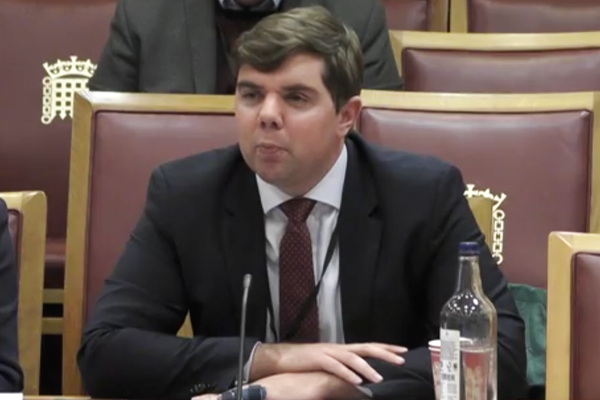Abta warns Lords of 'dramatic' increase in passport queues to come
 Gary Noakes
Gary NoakesTougher border checks for UK travellers following Brexit will “dramatically increase” processing time, Abta has warned a House of Lords committee.
Biometric entry and exit checks for UK passport-holders will come into force in the EU in May. Addressing the House of Lords European Affairs committee, Abta’s director of public affairs Luke Petherbridge warned:
“Across the industry there is pretty widespread concern about that. It will dramatically increase processing time for UK tourists.”
He added: “That is going to be a process that takes a significant amount of time, you are talking a matter at least, of several minutes instead of the 30 seconds or so that you may pass through the border. Clearly that is going to slow the process of moving passengers.”
He said certain entry points, such as Dover, would find this “incredibly difficult”.
Following Brexit, UK nationals cannot remain in the EU for more than 90 days in any 180, which Abta believes will create difficulties for tourists and tourism workers when electronic checks begin sometime next year.
Petherbridge said: “To date, there hasn’t really been an automated way of checking that. As soon as that system is turned on, there will be.
“You will begin to see people turned away, perhaps those that own second homes and the like in the European Union. So that is going to be a pretty big challenge for the sector and really drive home that problem on the 90/180-day issue.”
However, he predicted The European Travel Information and Authorisation Scheme (Etias), an electronic visa system due to be introduced in November 2023, would not impact travellers as much. Many were familiar with the similar requirement stipulated by countries such as the US, he said. Etias will cover the Schengen area and last for three years.
Abta’s evidence will be used in a Lords’ report on the future EU-UK relationship, to be published next year.
Sign up for weekday travel news and analysis straight to your inbox

Gary Noakes
Supplier Directory
Find contacts for 260+ travel suppliers. Type name, company or destination.
















